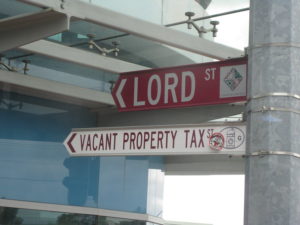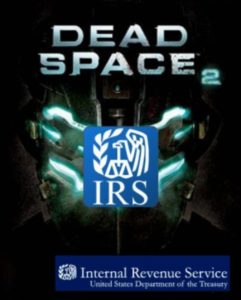
According to a Sun-Times report, Cook County Assessor Fritz Kaegi acknowledges that his “Senior Freeze” program, under which old property owners claiming household income under $65,000 can get a big break on property taxes, is “riddled with errors.” Highlighted is a multi-million dollar condo in Water Tower Place, whose owners pay only $2502/year. While it’s certainly possible that these folks might have income under $65,000/year, that seems unlikely, as they also own a Florida condo valued at over $1 million. Their Chicago property apparently also benefits from the temporary removal of toilets during a 2017 remodeling. It seems that the Assessor never noted that the toilets were replaced (or perhaps they were not?)
While the WTP property is clearly an extreme case, the senior freeze program transferred $250 million from owners of 144,904 properties who participate in it to the remainder of the 1.77 million taxable properties (of which 1.6 million are residential) in the County. With the total property tax revenue at $15.6 billion, this amounts to about 1.6 % of total taxes collected. The Sun-Times article provides several other examples of affluent old people who benefit from the program.
Clearly this is a problem of bad policies ((discriminating against renters, the nonelderly, and people who find it difficult to complete simple bureaucratic forms), and taxing improvements), combined with governmental malfunction (Kaegi hasn’t been able to get the program under control, partly because there is no mechanism for the County to verify incomes).
It should not be necessary to mention, but I will mention anyway, that the Sun-Times report relied on property tax data being, for the most part, publicly available. While far worse scandals likely could be found regarding income tax, many of these can’t be documented unless taxpayers “voluntarily” release their information, or it is (probably unlawfully) liberated.




